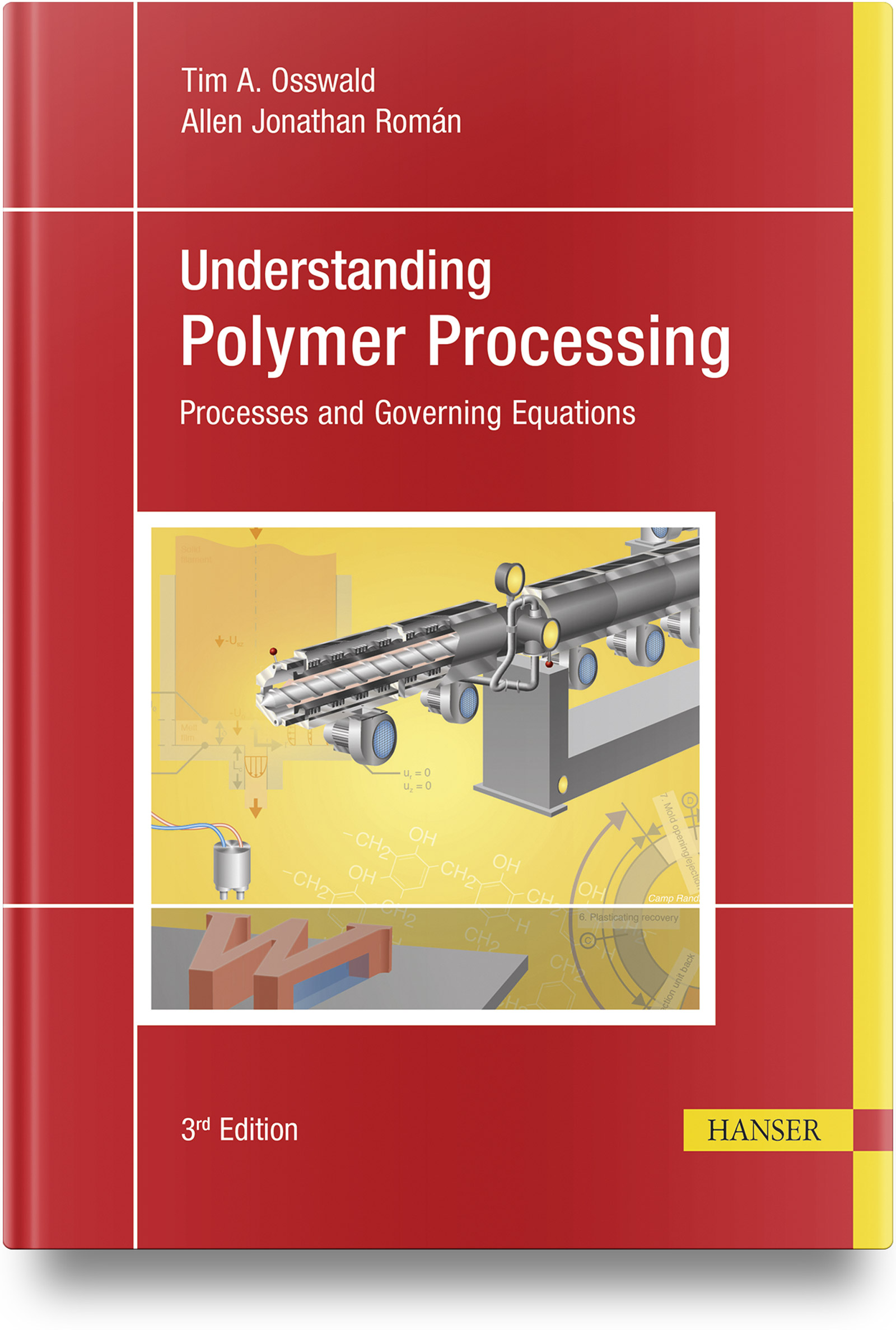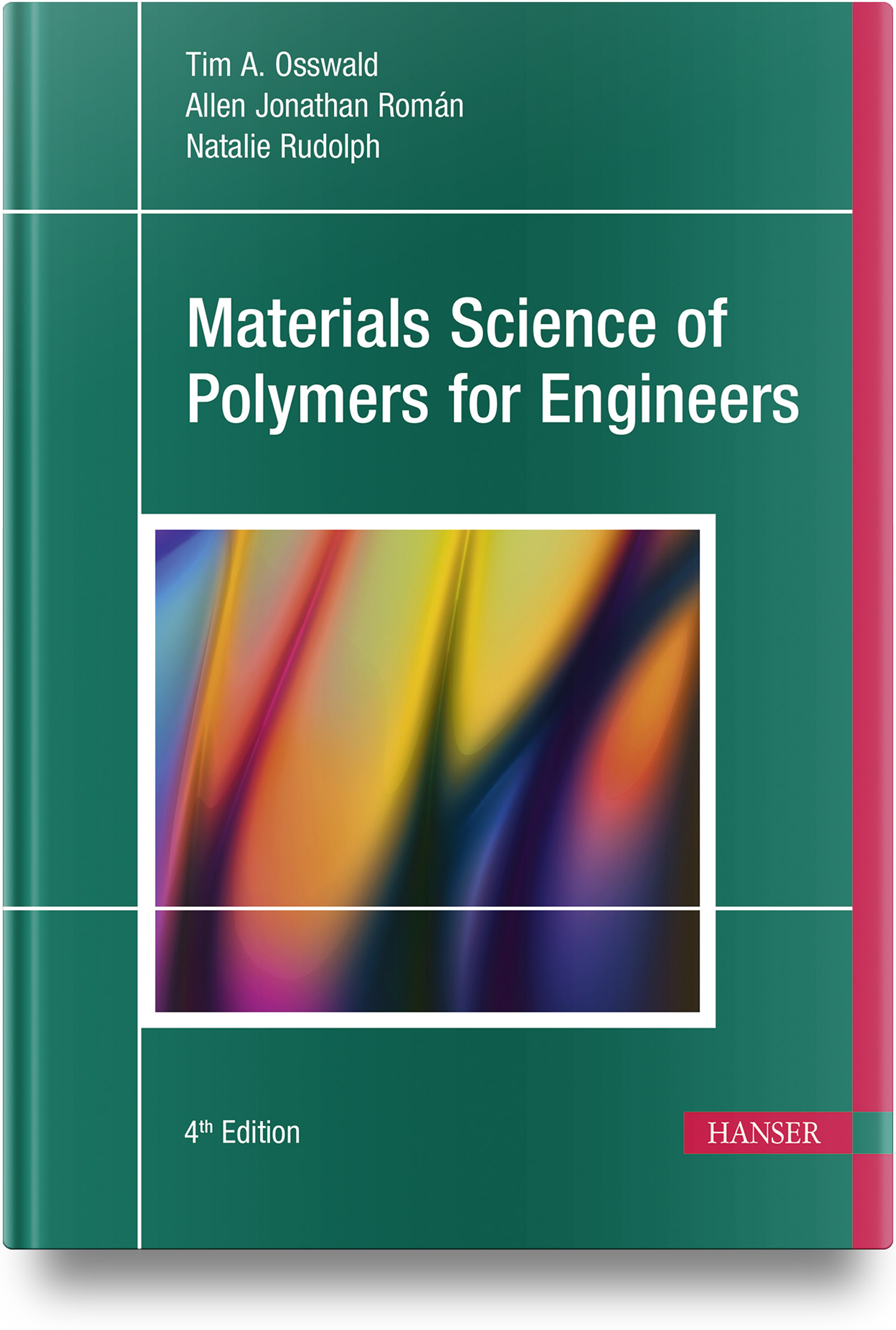- You are here:
- Home
- Materials
- Fibers and Composites
Discontinuous Fiber-Reinforced Composites
Fundamentals and Applications
- ISBN: 978-1-56990-695-8
- Book details: 1. Edition, 03/2020
480 Pages, PDF
The information provided makes it possible for someone with an engineering background to understand the micromechanics of discontinuous fiber-reinforced materials and, hence, analyze the structural performance of components designed with such materials. The book employs a practical approach to cover the key, unique capabilities that are critical for a successful structural analysis of discontinuous fiber-reinforced polymer structures:
-Process simulation to estimate the condition of fibers in the finished parts, i.e., fiber length, orientation, and concentration
-Capability to measure micro structure, i.e., fiber length distribution, fiber orientation tensors, and fiber concentration, etc.
-Estimation of material properties in the part based on fiber condition, as well as environmental conditions such as temperature
A broad range of areas is included, such as joining and assembly.
The information provided makes it possible for someone with an engineering background to understand the micromechanics of discontinuous fiber-reinforced materials and, hence, analyze the structural performance of components designed with such materials. The book employs a practical approach to cover the key, unique capabilities that are critical for a successful structural analysis of discontinuous fiber-reinforced polymer structures:
-Process simulation to estimate the condition of fibers in the finished parts, i.e., fiber length, orientation, and concentration
-Capability to measure micro structure, i.e., fiber length distribution, fiber orientation tensors, and fiber concentration, etc.
-Estimation of material properties in the part based on fiber condition, as well as environmental conditions such as temperature
A broad range of areas is included, such as joining and assembly.
Umesh Gandhi is Executive Scientist at the Toyota Research Institute North America (TRINA) in Ann Arbor, MI, and was formerly Staff Engineer at General Motors. He holds a Ph.D. from the University of Michigan.
Sebastian Goris is Senior Research Engineer at 3M, in the Specialty Film and Polymer Processing Group. He holds a Ph.D. from the University of Wisconsin-Madison, where he also carried out postdoctoral research.
Tim A. Osswald, Ph.D., is Kuo K. and Cindy F. Wang Professor at the University of Wisconsin-Madison College of Engineering and Honorary Professor of Plastics Technology at the University of Erlangen-Nuremberg and the National University of Colombia. He is the author of many books and book chapters, as well as over 100 papers in the field of plastics technology.
Yu-Yang Song is Senior Scientist at the Toyota Research Institute North America (TRINA) in Ann Arbor, MI. He holds a PhD from Wayne State University.
Umesh Gandhi is Executive Scientist at the Toyota Research Institute North America (TRINA) in Ann Arbor, MI, and was formerly Staff Engineer at General Motors. He holds a Ph.D. from the University of Michigan.
Sebastian Goris is Senior Research Engineer at 3M, in the Specialty Film and Polymer Processing Group. He holds a Ph.D. from the University of Wisconsin-Madison, where he also carried out postdoctoral research.
Tim A. Osswald, Ph.D., is Kuo K. and Cindy F. Wang Professor at the University of Wisconsin-Madison College of Engineering and Honorary Professor of Plastics Technology at the University of Erlangen-Nuremberg and the National University of Colombia. He is the author of many books and book chapters, as well as over 100 papers in the field of plastics technology.
Yu-Yang Song is Senior Scientist at the Toyota Research Institute North America (TRINA) in Ann Arbor, MI. He holds a PhD from Wayne State University.
Carl Hanser Verlag GmbH & Co KG
Vilshofener Str. 10
81679 München
E-Mail: info@hanser.de
Safety instructions according to Art. 9 para. 7 sentence 2 GPSR are not required.
Carl Hanser Verlag GmbH & Co KG
Vilshofener Str. 10
81679 München
E-Mail: info@hanser.de
Safety instructions according to Art. 9 para. 7 sentence 2 GPSR are not required.
















